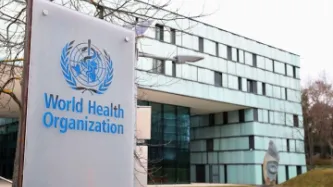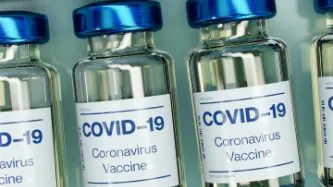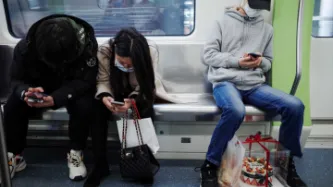Advanced Search
Content Type: Advocacy
In line with WHO's commitment to a human rights-based approach to health, Privacy International believes the following elements procedural and substantive elements must be included:
Open, inclusive and multi-stakeholder process
The drafting and negotiation process of this international instrument must allow for the meaningful participation of a wide range of civil society organisations (CSOs) and reflect the commitment from the WHO and Member States to receive and respond to CSOs…
Content Type: Advocacy
On 6 August 2021, the World Health Organisation (WHO) published its technical specifications and implementation guidance for “Digital Documentation of COVID-19 Certificates: Vaccination Status” (DDCC:VS) following months of consultations. As governments around the world are deploying their own Covid-19 certificates, guidance from the global health agency was expected to set a global approach, and one that prioritises public health. As such, we would expect the WHO to identify what these…
Content Type: Long Read
As we see Covid-19 vaccination programmes beginning around the world, for the first time since the start of the pandemic there seems to be a light at the end of the tunnel as the fruition of truly unrivalled global scientific efforts has given us hope of saving lives, reopening our societies, and going back to “normal”.
This great moment of hope must not be seen opportunistically as yet another data grab. The deployment of vaccines, and in particular any “immunity passport” or certificate…
Content Type: Explainer
Definition
An immunity passport (also known as a 'risk-free certificate' or 'immunity certificate') is a credential given to a person who is assumed to be immune from COVID-19 and so protected against re-infection. This 'passport' would give them rights and privileges that other members of the community do not have such as to work or travel.
For Covid-19 this requires a process through which people are reliably tested for immunity and there is a secure process of issuing a document or other…
Content Type: Long Read
‘Let’s build an app for that’ has become the response to so many things. It’s no surprise it’s happening now.
Apps are notorious for their lack of security and privacy safeguards, exploiting people’s data and devices. Now we’re being asked to trust governments with their proposed apps -- of which there are many. These are the very same governments who have been keen to exploit data in the past. For instance, PI currently has four outstanding legal cases arising from the last times governments…
Content Type: Press release
Efforts to contain the virus has led to a wave of surveillance initiatives unprecedented on its global scale. Now, a global coalition of civil society organisations is calling on such initiatives to respect human rights by adhering to eight recommendations.
Measures imposed so far range from the use of informants, police monitors, hand stamping, and public naming of individuals, to the high-tech use of tracking apps and mass surveillance tools. An analysis by PI has found telecommunications…





